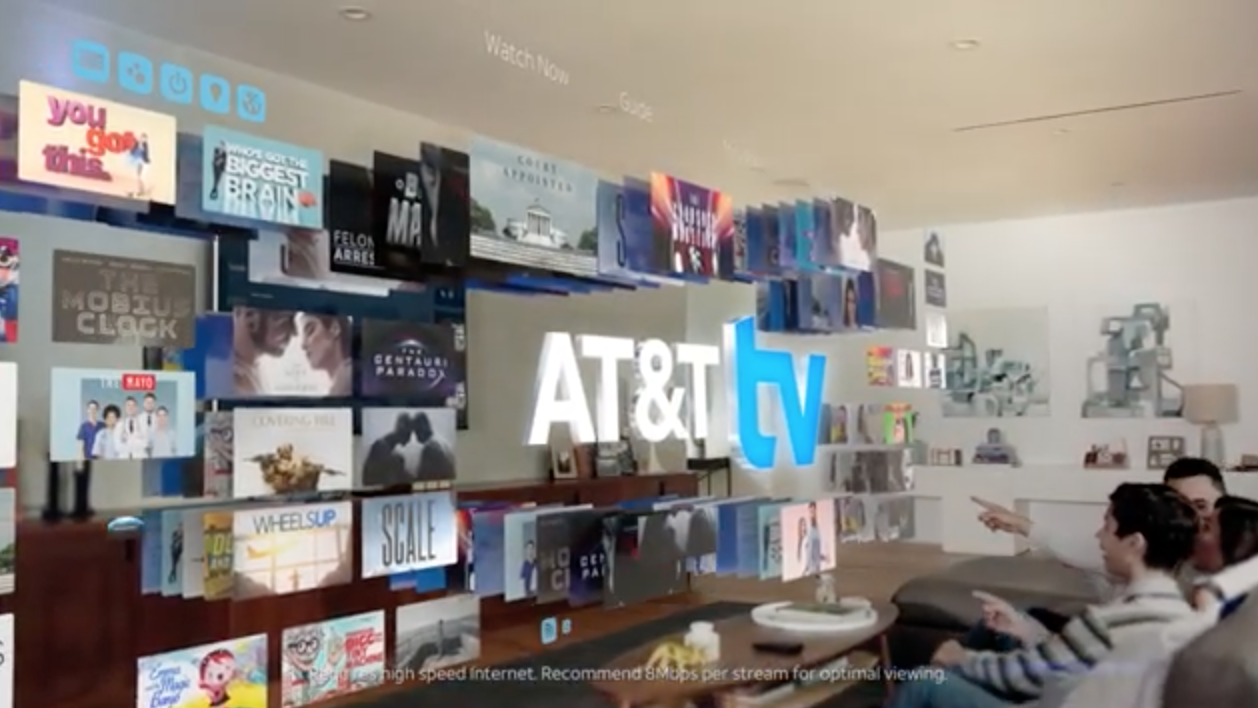
The ‘Buy’ Button in the iTunes Store
When you don’t own what you buy.
Nation's largest provider of satellite TV faces mounting scrutiny over its advertising.
|
Maybe DirecTV’s “Poor Decision Making Rob Lowe” is down with deceptive advertising, but the FTC most certainly is not. The agency is suing DirecTV for allegedly misleading consumers about the costs of its satellite television service. The lawsuit is seeking what could amount to millions of dollars in refunds for DirecTV customers. It alleges that DirecTV deceptively advertised a discounted one-year programming package by failing to clearly disclose:
The nation’s largest provider of satellite television, DirecTV has more than 20 million subscribers across the U.S., according to the FTC. An agency spokesperson told TINA.org that a “substantial portion” were affected by the FTC’s allegations. AT&T, which has faced its own federal lawsuits alleging deceptive advertising, is in the midst of trying to acquire DirecTV.
DirecTV did not immediately respond to a request for comment from TINA.org but a company spokesperson told the New York Times: “The FTC’s decision is flat-out wrong, and we will vigorously defend ourselves, for as long as it takes. We go above and beyond to ensure that every new customer receives all the information they need, multiple times, to make informed and intelligent decisions.”
DirecTV also appears to be reeling but ready to defend itself against a separate decision by the National Advertising Division. After a recent challenge from its cable counterpart Comcast, the ad industry’s self-regulatory body recommended that the company stop running several apparent cable superiority claims appearing in Rob Lowe alter-ego commercials like the “poor decision” version above.
NAD cited a lack of supporting evidence for the claims. DirecTV, which is appealing the decision to the National Advertising Review Board, countered that the commercials are so funny that no one takes them serious:
…the various Rob Lowe advertisements are so outlandish and exaggerated that no reasonable consumer would believe that the statements being made by the alter-ego characters are comparative or need to be substantiated.
Read more of our coverage on television services here.
This story was updated 4/8/15.
Our Ad Alerts are not just about false and deceptive marketing issues, but may also be about ads that, although not necessarily deceptive, should be viewed with caution. Ad Alerts can also be about single issues and may not include a comprehensive list of all marketing issues relating to the brand discussed.
When you don’t own what you buy.
Cable-sports giant faults in its marketing of streaming service.
‘The future of TV has finally arrived’ and with it, hidden fees.

